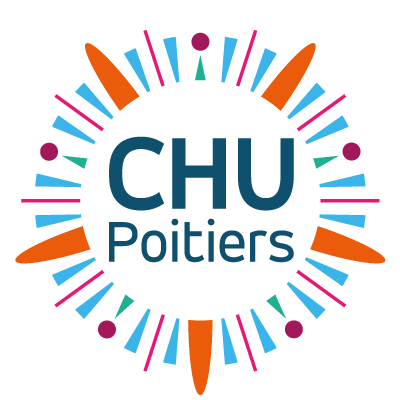Hematological oncology is a specialty in cancerology devoted to the study, diagnosis and treatment of diseases of the bine marrow, the blood, and the lymph system such as myelodysplasic and myeloproliferative syndromes.
Hematologists are specialized in blood cells and their development mechanisms. More specifically, they study the abnormal behaviors of these cells and the resulting diseases and go on to propose appropriate treatment.
With the help of the paramedical team, they coordinate the patient’s care pathway and the organization of his treatment.
There exist different treatments for hematological diseases, and they can be delivered alone or conjointly :
Chemotherapy :
Definition
Chemotherapy is treatment involving administration of drugs that act upon cancer cells either by destroying them, or by preventing them from multiplying.
Treatment
There exist numerous chemotherapy drugs, and they are often associated with one another in view of enhancing treatment effectiveness. They can be administered by infusion, by injection, or with tablets.
These chemotherapy drugs affect not only cancer cells, but also healthy cells, which are rapidly divided, and this can produce adverse effects: nausea, vomiting, loss of hair, tiredness. Variable according to drugs and the patient’s reaction, they are temporary but at times difficult to endure.
Radiotherapy
Definition
Radiotherapy is loco-regional cancer treatment. It consists in using rays, also known as radiation or irradiation, to destroy cancer cells by blocking their capacity to multiply.
Treatment
Radiotherapy by total body irradiation (TBI) is a treatment aimed at destroying marrow, which will be replaced by cells of a donor through allograft. It is always associated with chemotherapy, which renders its effects more complete.
Immunotherapy
Definition
Immunotherapy is a treatment that consists in administering substances that will stimulate the immune defenses of the organism in view of combating certain pathologies, particularly cancers and degenerative diseases.
In a broader sense, immunotherapy also denotes all therapy using proteins produced by immune system cells, particularly immunoglobulins, even though therapy is not necessarily aimed at stimulating immunity.
Treatment
Two types of immunotherapy are commonly distinguished; while applications of local immunotherapy are infrequent, applications of general immunotherapy are common.
General immunotherapy consists in injecting immunoglobulins, cytokines and/or (at times) antibodies that have been modified in view of being “humanized”, the objective being to avoid immune defense reactions due to the quantities employed being particularly strong.
Cell therapy
Biotherapy: cell therapy
Biotherapy is a therapeutic method based on the use of living organisms (yeasts, leavens, some microbes) or substances removed from living organisms (hormones, organ or tissue extracts).
In contrast with chemotherapy, biotherapy employs synthetic substances.
Under the overall heading of “biotherapies”, cell therapy is aimed at treating an organ or an organism using stem cells (undifferentiated cells) to replace or substitute for defective cells.
Treatments
Autograft : this technique consists in collecting and conserving (by freezing) a pocket of stem cells from the patient’s bone marrow or in his blood, prior to the autograft. The cells are subsequently reinjected to consolidate the intensification treatment by chemotherapy.
Allograft : this is considered as an option once the other treatments have failed. It consists in the reinjection of stem cells from a healthy and compatible donor, after complete destruction of the patient’s bone marrow by intensive chemotherapy and/or radiotherapy. The stem cells come from siblings or are anonymous donations.
